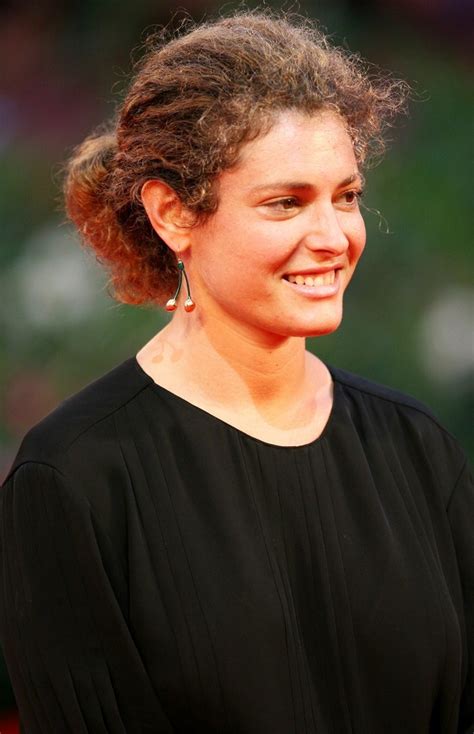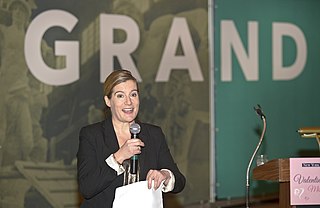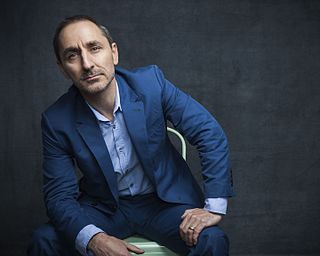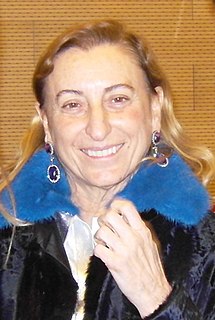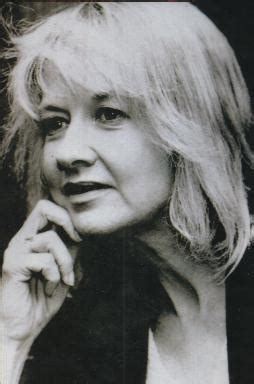A Quote by Ginevra Elkann
I love art, but I'm also interested in people's stories.
Related Quotes
As a Black woman filmmaker I feel that’s my job: visibility. And my preference within that job is Black subjectivity. Meaning I’m interested in the lives of Black folk as the subject. Not the predicate, not the tangent.[These stories] deserve to be told. Not as sociology, not as spectacle, not as a singular event that happens every so often, but regularly and purposefully as truth and as art on an ongoing basis, as do the stories of all the women you love.
I try to teach a modernist and postmodernist position. On one hand, if you're a painter, you need to know the history of painting. But I'm also interested in the moment we live in. I love television, and movies, and books, and music. So I also think of art as this cultural production along with all this other stuff that's happening. So that's a kind of postmodern, not media-specific, but the times, what is your art relevant to this moment we live in versus media specificity? That's my teaching philosophy, both of those things are important.
I love knowing and learning about people around the world displaying my art online. Also, it's how I learn about new artists that are in various parts of the world. The positive thing about Tumblr and Instagram is that they're a fantastic platform for art lovers. I also like, when I search for my art and it says, "see also or related artists," and I see those other artists that relate to me, at least according to the internet. I think it's fascinating - it's interesting to see hashtags people are using in relation to my work. It's another tool of communication.
I feel lucky that Viceland wanted to make it, and I'm producing more than one film with LGBT characters and stories and it's because it's what I'm interested in. I'm not going to read a script and say, 'They're not gay, I'm not going to do it,' but I am interested in playing more gay people, because I've only played one gay person, and I've done a fair amount of movies, and I am interested in those stories. So for me, there's no should-I-or-shouldn't-I. It all feels natural.
